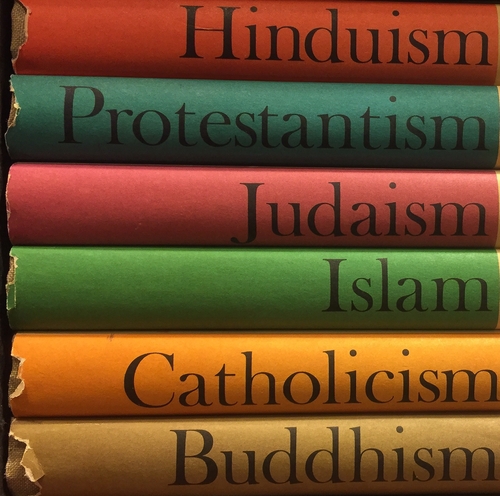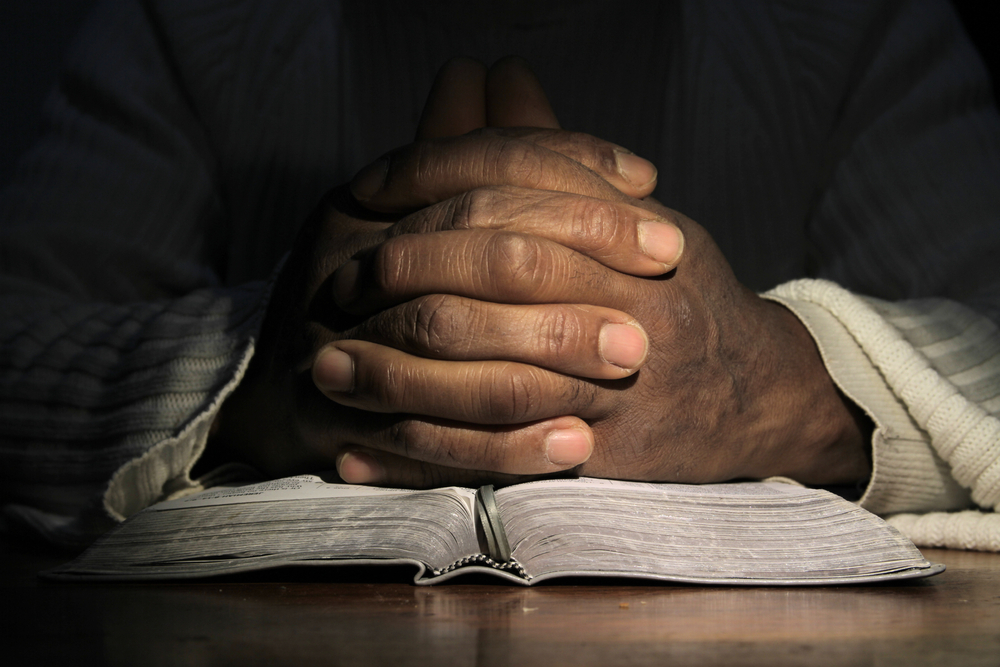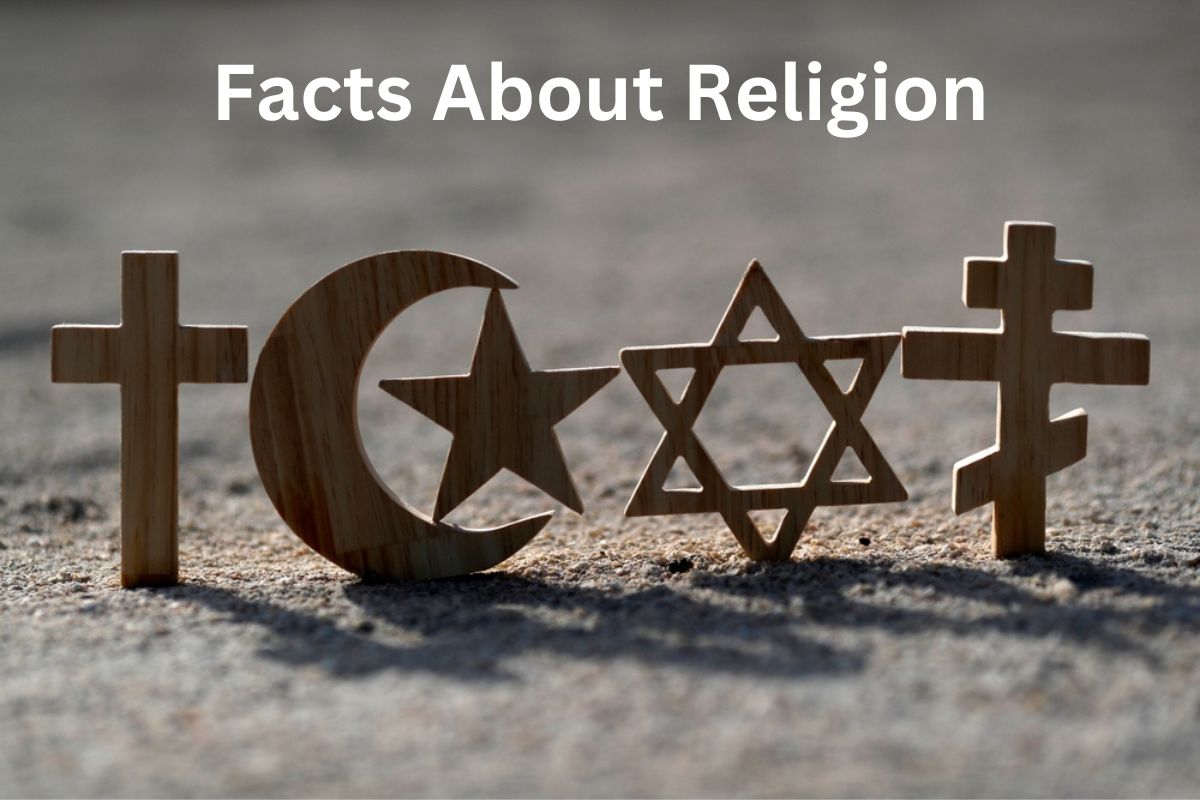Religion is a multifaceted and deeply ingrained aspect of human culture and society. It encompasses a wide range of beliefs, practices, rituals, and values centered around the existence and worship of a higher power or powers.
Religion provides individuals with a framework to understand the world, grapple with existential questions, find meaning and purpose, and guide their moral and ethical choices.
It provides meaning, moral guidance, and rituals to individuals, shaping societies and influencing various aspects of human life. Religious diversity promotes interfaith dialogue and the principles of tolerance and freedom of belief.
Religion Facts
1. Religion is a cultural and social phenomenon that involves beliefs, practices, and rituals
Religion is a cultural and social phenomenon that involves beliefs, practices, and rituals centered around the existence and worship of a higher power or powers.
Also Read: Types of Religions
It encompasses various aspects of human life, including spirituality, morality, and the search for meaning and purpose.
Religion often provides a framework for understanding the world, addressing existential questions, and guiding individuals in their daily lives.
2. There are numerous religions practiced worldwide
There are numerous religions practiced worldwide, reflecting the diverse beliefs and cultural traditions of different societies.
The following are among the most well-known and widely followed religions:
- Christianity
- Islam
- Hinduism
- Buddhism
- Sikhism
- Judaism
However, there are also smaller indigenous or tribal religions that are specific to particular regions or communities.

3. The oldest known organized religion is believed to be Hinduism
Hinduism is considered the oldest known organized religion, with its roots tracing back over 4,000 years in the Indian subcontinent. It is a complex and diverse religion with a wide range of beliefs, practices, and philosophical schools.
Hinduism encompasses a vast array of deities, rituals, scriptures, and spiritual practices, making it highly adaptable and inclusive.
4. Christianity is the world’s largest religion
Christianity is the world’s largest religion, with over 2.3 billion followers. It is based on the teachings of Jesus Christ, as recorded in the Bible.
Also Read: Christianity Facts
Christianity encompasses various denominations, such as Catholicism, Protestantism, and Eastern Orthodoxy, each with its own theological interpretations and practices.
5. The concept of monotheism, belief in a single all-powerful deity, is central to several major religions
Islam is the second-largest religion globally, with approximately 1.9 billion followers. It was founded by the Prophet Muhammad in the 7th century CE and is based on the teachings of the Quran, considered the word of God as revealed to Muhammad.
Islam emphasizes monotheism, submission to the will of Allah, and the Five Pillars of Islam, which include:
- Faith
- Prayer
- Fasting
- Charity
- Pilgrimage to Mecca
The Islamic world is culturally diverse, comprising different sects, including Sunni and Shia, as well as various interpretations of Islamic law and practice.
6. Some religions, such as Buddhism and Jainism, are non-theistic
Some religions, such as Buddhism and Jainism, are non-theistic, meaning they do not believe in a personal creator god. Instead, they focus on the individual’s path to enlightenment, liberation from suffering, and the attainment of spiritual awakening.
Also Read: Facts About Buddhism
These religions emphasize ethical living, mindfulness, meditation, and self-discipline as the means to achieve spiritual growth.

7. Religious texts or scriptures play a crucial role in many religions
Religious texts or scriptures hold significant importance in many religions. These texts are considered sacred and authoritative sources of guidance, wisdom, and religious teachings. For example:
- The Bible is the central text for Christianity, comprising the Old Testament (Hebrew Bible) and the New Testament.
- The Quran is the holy book of Islam, believed to be the direct revelation from Allah to Muhammad.
- Hinduism has a vast collection of scriptures, including the Vedas, Upanishads, Bhagavad Gita, and Ramayana, which provide philosophical insights, mythological stories, and moral teachings.
8. Rituals and ceremonies are an integral part of religious practice
Rituals and ceremonies are integral to religious practices, serving as a means to connect with the divine, express devotion, and create a sense of community among believers. These rituals can vary widely among different religions and denominations.
Examples include prayers, recitations, chants, sacraments, offerings, symbolic gestures, and rites of passage such as baptisms, confirmations, weddings, and funerals. Rituals often involve specific actions, objects, and symbols that hold religious significance.
9. Religion often provides a moral and ethical framework for believers
Religion often provides a moral and ethical framework for believers, offering guidelines for right and wrong behavior. Religious teachings and principles shape individuals’ moral values, influence their decision-making, and guide their interactions with others.
These moral frameworks can include concepts such as compassion, honesty, justice, forgiveness, humility, and respect for life. Religious ethics may also address societal issues, such as social justice, poverty alleviation, and environmental stewardship.

10. Many religious traditions include the concept of an afterlife
Many religious traditions incorporate the concept of an afterlife, believing in the continuation of the soul or spirit after death. The specifics of the afterlife vary across different religions.
For example, Christianity teaches about heaven, hell, and purgatory, where individuals’ eternal destiny is determined by their beliefs and actions in life.
In Islam, there is the belief in Paradise (Jannah) and Hell (Jahannam), with the final judgment based on one’s deeds.
Hinduism and Buddhism, on the other hand, embrace the idea of reincarnation, where the soul is reborn into a new body based on its karma until it achieves liberation (moksha/nirvana) from the cycle of birth and death.
11. Religious diversity is prevalent worldwide, with different regions having their own unique religious practices and beliefs
Throughout history, religious diversity has been a prevalent characteristic of different regions and cultures worldwide.
Various factors such as geography, migration, conquests, and cultural exchanges have shaped the religious landscape of different parts of the world. For instance, Eastern religions such as Hinduism, Buddhism, and Taoism are more prevalent in Asia, reflecting the historical and cultural contexts of those regions.
Similarly, Christianity and Islam have spread widely in Europe, Africa, and the Americas through colonization, missionary work, and trade routes.
12. Throughout history, religion has played a significant role in shaping cultures, societies, and even political systems
Religion has played a significant role in shaping cultures, societies, and even political systems. It has influenced art, architecture, literature, music, and other forms of creative expression.
Religious beliefs and symbols often inspire artistic works, ranging from religious paintings and sculptures to sacred music compositions and architectural masterpieces like cathedrals, temples, and mosques.
Furthermore, religious institutions have historically held significant influence and power in social and political realms, contributing to the formation of laws, governance structures, and societal norms.
13. Religious institutions, such as churches, mosques, temples, and synagogues, often serve as places of worship
Religious institutions, such as churches, mosques, temples, and synagogues, serve as important centers of worship, communal gathering, and spiritual guidance for believers.
These institutions often provide spaces for religious ceremonies, congregational prayers, religious education, and community support systems. They foster a sense of belonging and shared identity among their respective religious communities, promoting social cohesion and solidarity.
14. Religious beliefs and practices can vary greatly within a single religion, leading to different denominations or sects
Within a single religion, there can be significant variations and diversities in beliefs, practices, and interpretations. This often leads to the emergence of different denominations or sects within religious traditions.
For instance, within Christianity, there are various branches like Catholicism, Protestantism, and Eastern Orthodoxy, each with distinct theological perspectives, worship styles, and organizational structures.
Similarly, Islam has different sects such as Sunni, Shia, and Sufism, each with its own practices and interpretations of religious texts.
15. Religious tolerance and freedom of belief are important principles in many societies
Religious tolerance and freedom of belief are important principles in many societies, acknowledging the rights of individuals to practice their chosen religion or hold no religious affiliation.
These principles are enshrined in various international declarations, constitutions, and human rights frameworks.
Respect for religious diversity and the freedom to express and manifest one’s religious beliefs without discrimination or coercion are considered essential for maintaining social harmony, fostering interfaith dialogue, and promoting peaceful coexistence in multicultural societies.
